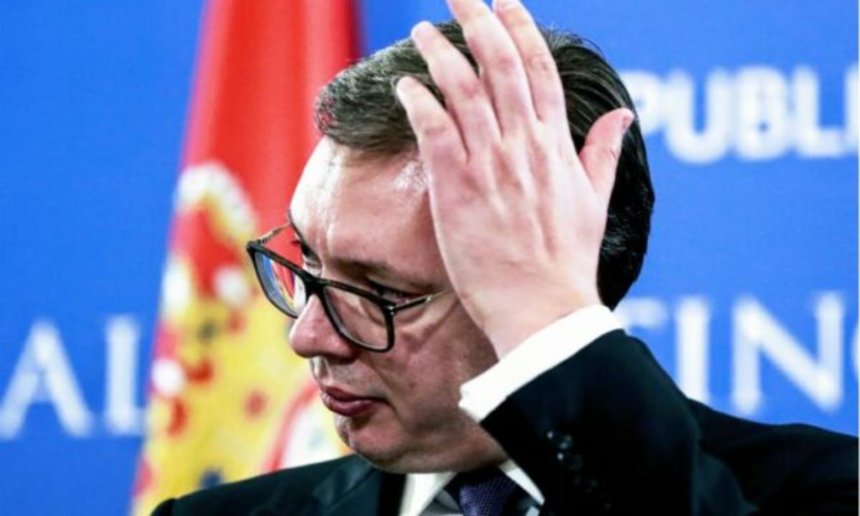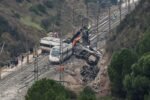Amid one of the most severe political crises since the rise of the Serbian Progressive Party (SNS), Serbian President Aleksandar Vučić is being accused of escalating societal tensions rather than calming them. According to Nova.rs, Vučić has recently been drawing attention to the issue of his own assassination, portraying it as one of two possible outcomes for him to leave power.
The controversy follows weeks of protests by Serbian students, farmers, and lawyers, who have suspended their work in solidarity. These protests have been sparked by the tragic deaths of 15 people in Novi Sad, related to the collapse of a tent. Students have been demanding full transparency about the reconstruction of the city’s railway station and accountability for those responsible for the tragedy. Public gatherings are held every Friday at 11:52 AM to honor the victims, and opposition politicians continue to pressure institutions for action.
In the midst of this unrest, Vučić’s recent statements have raised eyebrows. Speaking on TV Pink, he discussed the ongoing protests and said, “They must end with me. Everything else is for nothing. The entire government could resign, but I will not give them a mandate. As long as I’m alive, I won’t give them a mandate, but I offer them two options: one is democratic, the other is undemocratic.” Vučić continued, “It is undemocratic to kill someone, but to solve the problem. You could kill me, it’s not very democratic, but you would still say it’s democracy.”
Vučić’s rhetoric has been further fueled by his comparison to Syrian President Bashar al-Assad, asserting that he would not leave Serbia despite comparisons. “Although you may think I’m Assad, I’m not going anywhere,” he said, claiming that he would stay in Serbia and fight for the country’s future.
Political analyst Dragan Popović from the Center for Practical Politics commented on Vučić’s remarks, claiming that the president is intentionally radicalizing the political climate, presenting every issue as a “life-or-death” struggle. Popović believes Vučić uses fear as his main political tool, framing the country as constantly on the brink of disaster, either from external or internal enemies.
“This is madness, but it works for a part of his electorate. He tries to radicalize his supporters and make them believe they must protect their leader with their own lives, which is typical behavior for an autocrat,” said Popović. He emphasized that Vučić’s behavior has one main goal: to solidify his hold on power by portraying every political challenge as an existential threat to the nation.
This is not the first time Vučić has invoked the narrative of assassination to consolidate his position. In August, he revealed that a plot to kill him had been uncovered, allegedly orchestrated by businessman Dragan Šolak, who allegedly sought to spark a revolution. Similar claims were made several years ago in connection with the controversial mining projects in Serbia and the company Rio Tinto, where accusations of assassination plots were raised.
In 2016, authorities also uncovered a plot to assassinate Vučić near his parents’ home in Belgrade. However, no charges were pressed, with prosecutors concluding that there was insufficient evidence for criminal prosecution.
As Vučić continues to frame the situation as an ongoing existential struggle, many are questioning whether this narrative is simply a strategy to maintain his grip on power or a genuine reflection of the political climate in Serbia.







